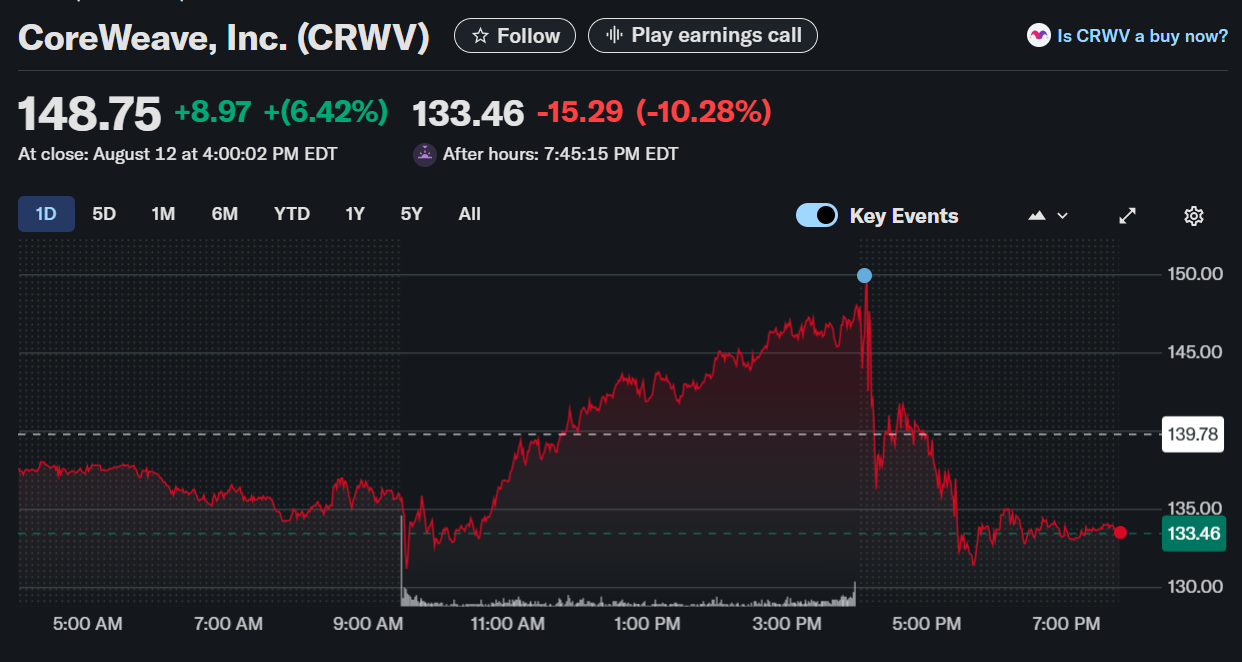07.08.2025 21:55
Eli Lilly's stock experienced a dramatic 14% plunge on Thursday, marking its most significant single-day decline in decades. This sharp downturn followed the release of underwhelming data for the company's experimental obesity drug, orforglipron, which fell short of Wall Street's projections. Conversely, shares of competitor Novo Nordisk saw a rise, highlighting the competitive landscape of the weight-loss medication market.
By approximately 2:25 p.m. EDT, Eli Lilly's stock price had plummeted to around $639, representing its steepest daily loss since August 8, 2000, when it suffered a 29% drop. The disappointing results stemmed from late-stage trial data revealing that orforglipron facilitated an average weight loss of just over 12% in obese or overweight patients without diabetes. This figure trailed analyst expectations, which had predicted a 15% weight reduction, according to FactSet.
Despite the less-than-stellar results against expectations, Eli Lilly highlighted positive aspects of the trial. The highest orforglipron dosage enabled over 59% of participants to lose at least 10% of their body weight. Furthermore, nearly 40% achieved at least a 15% reduction, and the company emphasized orforglipron's positive impact on cardiovascular risk factors. However, these positive findings were overshadowed by Novo Nordisk's earlier announcement of a 15% average weight loss in trials of their oral Wegovy treatment.
Eli Lilly CEO David Ricks attempted to temper investor concerns. In a CNBC interview, he described the results as "right on thesis" for the company, despite falling slightly short of Wall Street's predictions. He contended that the achieved average weight loss was within a desirable range for consumers. This statement, however, did little to offset the market's negative reaction to the data.
Interestingly, prior testing of orforglipron on adults with Type 2 diabetes in April had generated significant investor enthusiasm. That trial demonstrated a nearly 8% average weight loss (approximately 16 pounds) over 40 weeks using the highest dosage, a result that starkly contrasts with the current, less impressive findings. The disparity between these results highlights the unpredictable nature of drug development and the market's sensitivity to clinical trial outcomes. The information in this report is based on publicly available information from internet sources.











